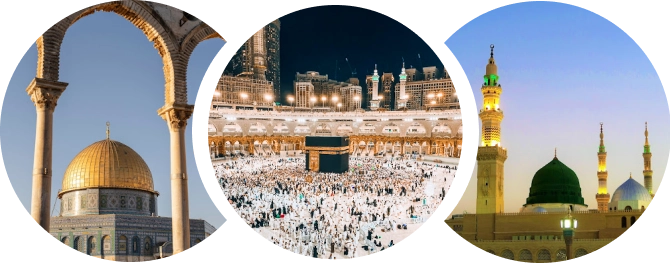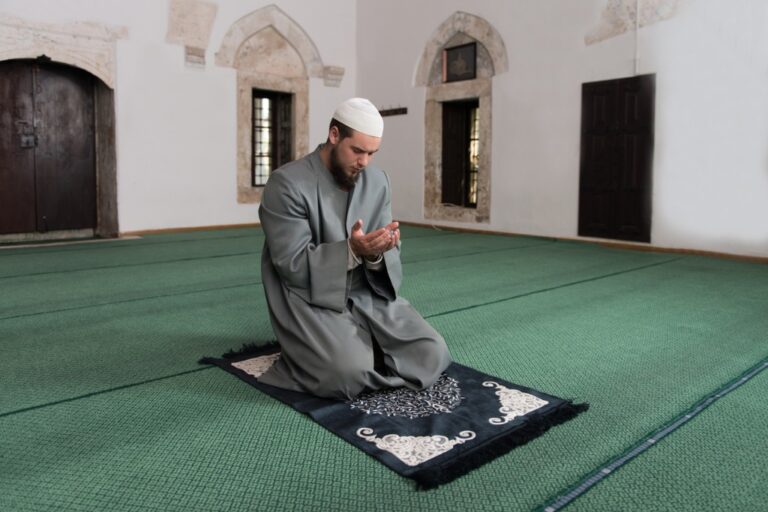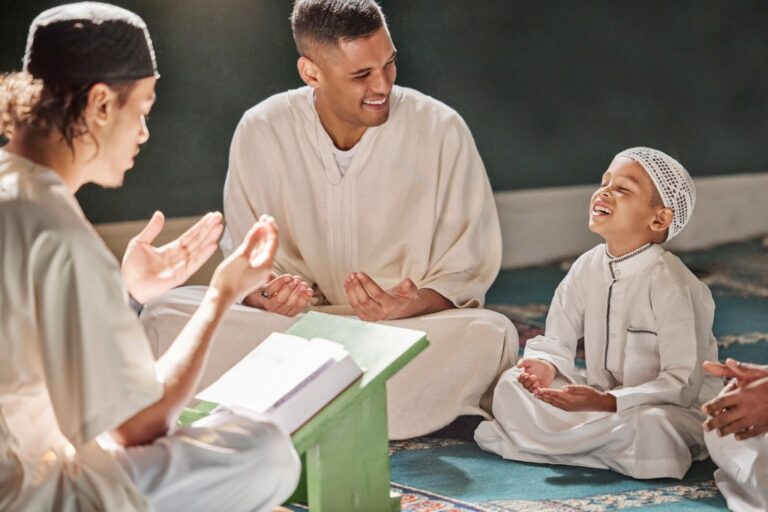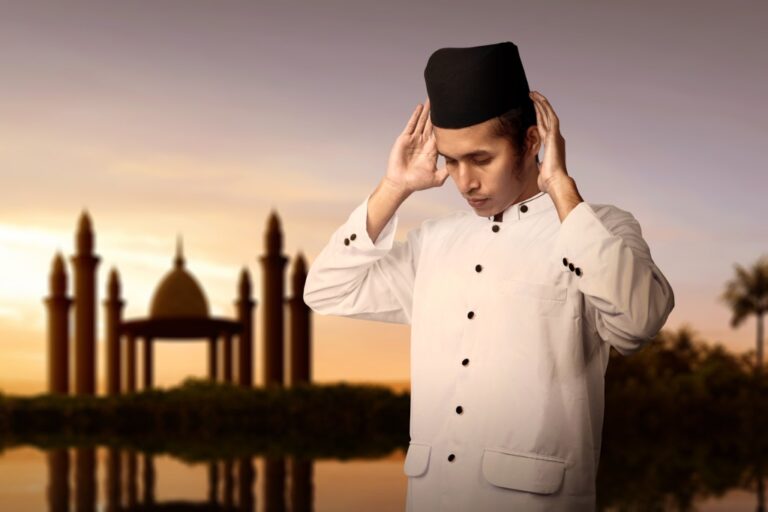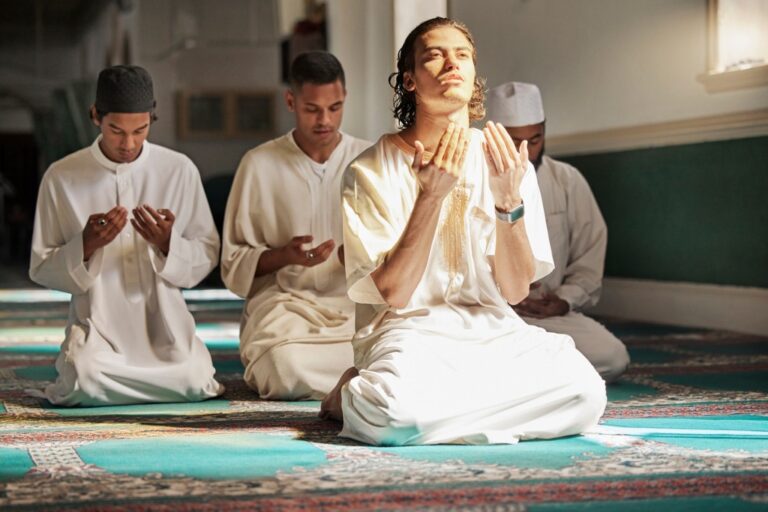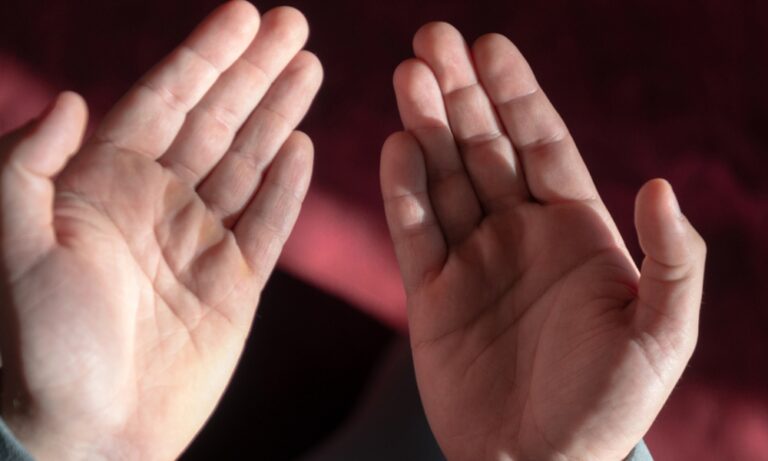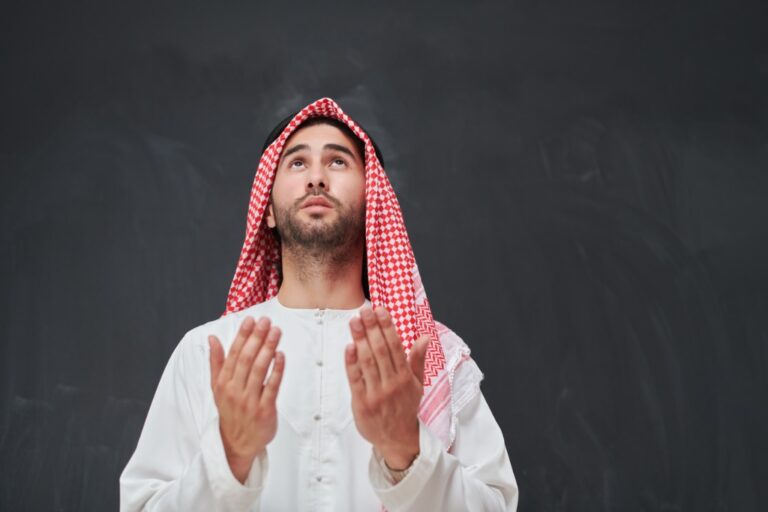Subhanaka Allahumma Wa Bihamdika Dua: Meaning and Significance
Are you curious about the Islamic teachings and practices surrounding supplication? Among these rich traditions lies a significant Dua called “Subhanaka Allahumma Wa Bihamdika”. This prayer is unique as it is recited at the beginning of Salat (Islamic prayer) to show reverence and praise to Allah SWT.
Throughout this article, we will unwrap its profound meaning, explain how it’s used in our daily lives, and outline its referenced narration from renowned scholarly sources. Get ready for an enlightening journey into the world of Islamic spirituality!
Understanding the Arabic Text of Subhanaka Allahumma Wa Bihamdika Dua
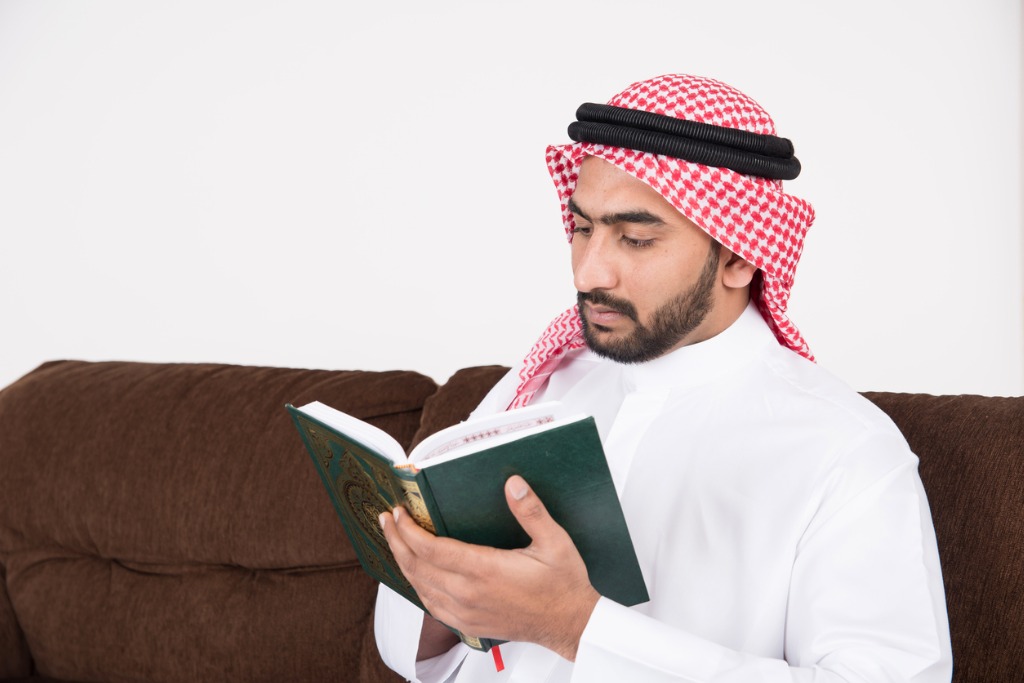

“Subhanaka Allahumma Wa Bihamdika” Dua is in Arabic. It starts the Salat (prayer), praising Allah SWT. This is how its Arabic script looks like:
سُبْـحانَكَ اللّهُـمَّ وَبِحَمْـدِكَ وَتَبارَكَ اسْمُـك وَتَعـالى جَـدُّكَ وَلا إِلهَ غَيْرُك
Subhānaka Allāhumma wa biḥamdika, wa tabāraka ‘smuka, wa ta’ālā jadduka, wa lā ‘ilāha ghayruk. Hisn al-Muslim 28
This Dua is mentioned in the books of hadith, including Abu Dawud, Ibn Majah, An-Nesa’I, and Hisn ul Muslim.
- For the most accurate Athan and Prayer times, please click here
The Meaning and Translation of Subhanaka Allahumma Wa Bihamdika Dua
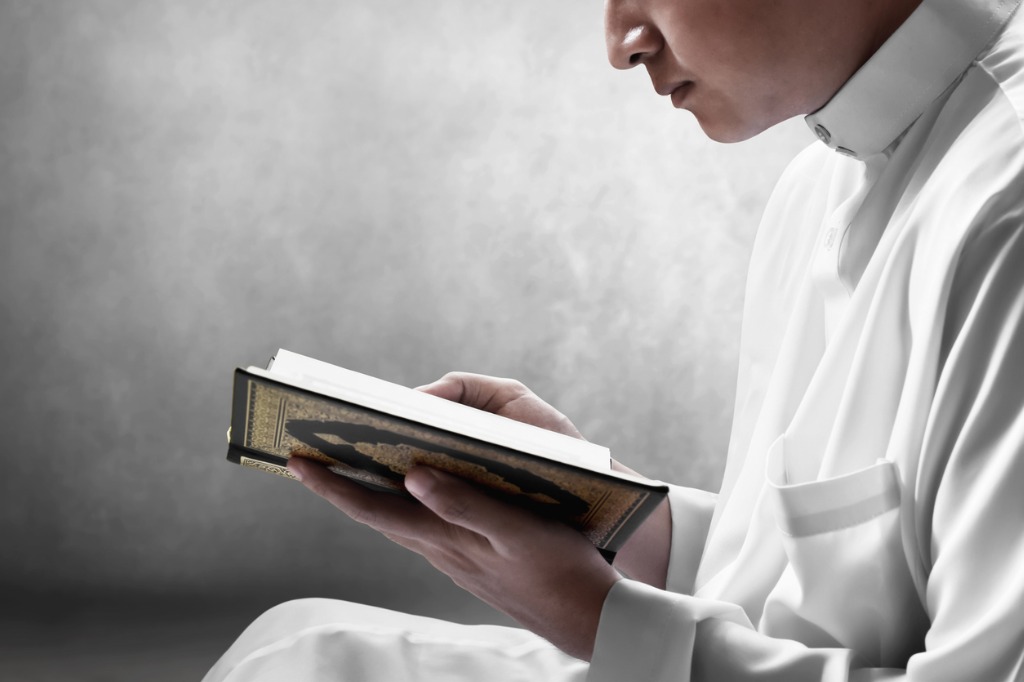

Meaning of “Subhanaka Allahumma Wa Bihamdika”:
“Glory is to You, O Allah, and praise. Blessed is Your Name, and Exalted is Your Majesty. There is none worthy of worship but You.” Hisn al-Muslim 28
The Dua praises Allah SWT for His majesty and Divine name. Many authentic sources, cited above, have all mentioned this supplication in their writings. This is to emphasize its significant role in the Islamic faith practices.
- Download Muslim Sadiq app, and enjoy all top-notch features for everyday activities!
The Significance and Usage of Subhanaka Allahumma Wa Bihamdika Dua
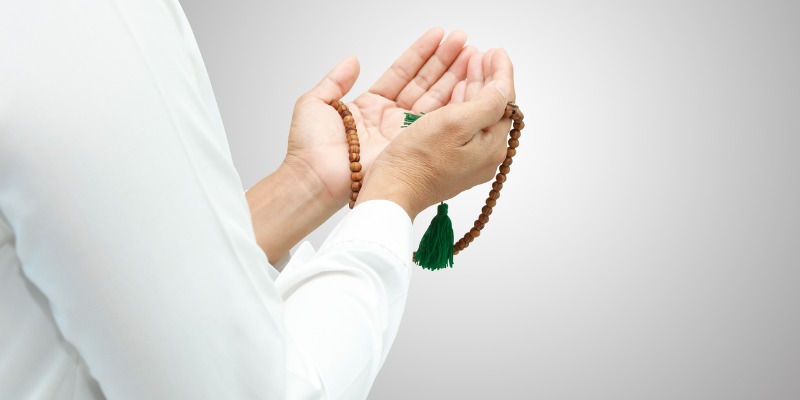

This Dua is crucial in the Islamic faith. Muslims say it before beginning their Salat (prayer). It is recited to show Allah SWT respect and love by addressing Him as the Most Powerful and Great. Reciting this Dua at the beginning of each prayer is also regarded as a Sunnah of the Prophet Muhammad PBUH.
But have you ever wondered why this Dua is recited at the beginning of the prayer rather than at the end or middle? There is a reason for this, which demonstrates its significance.
If you examine the meaning of this Dua carefully, you will notice that we only praise Allah SWT in it. This is to emphasize the importance of honoring Allah SWT when we are about to perform an act of worship such as salat. After this Dua, we must recite Surah Al-Fatiha, another type of Dua in which we ask Allah SWT for guidance.
This sends a subtle message that you should begin by praising Allah SWT whenever you start something, any work or activity.
- Read Al Quran along with interpretation in the easiest way possible by clicking here
Conclusion
Every prayer should begin with the Dua Subhanaka Allahumma Wa Bihamdika. Because this Dua praises Allah SWT, it draws you closer to Him and increases the likelihood of your Salat being accepted. This is also a Sunnah of the Prophet Muhammad PBUH, which makes it even more rewarding.
- Islamic holidays and important dates are listed here
FAQs
What is Subhanaka Allahumma Wa Bihamdika Dua?
Subhanaka Allahumma Wa Bihamdika Dua is an Islamic prayer said during Salat. It is also known as Dua Al Istiftah or Sana. It means “Glory and praise be to You, O Allah.” Your Majesty is Exalted, and Your Name is Blessed. Nobody is worthy of worship except You.”
When do we say the Subhanaka Allahumma wa Bihamdika Dua?
We say this Dua after Takbir (Allahu Akbar) at the start of Salat. Based on Hadith, Muslim scholars from Islamic studies have shared this practice.
Is there any reference in hadith about Subhanaka Allaahumma wa bihamdika Dua?
This special Arabic Dua appears in many trusted sources like Abu Dawud 775, Ibn Majah 806, An-Nasa’I 899, and Hisn ul Muslim 28. These are collections of the Prophet’s words and deeds.
Who taught us this dhikr?
The Prophet (PBUH) instructed Muslims to say these Duas to live a strong Islamic lifestyle that promotes values of gratitude and remembrance of God.
Can I use it beyond Salat, like when I feel anxious or before a test?
Yes! This Dua promotes feelings of peace, lining with our belief that all power belongs to Allah SWT alone, making it perfect for moments when you feel anxious or need help!
Glory be to God and praise be to Him, supplication: meaning and importance
Are you curious about Islamic teachings and practices related to supplication? Among these rich traditions is an important supplication called “Glory be to God and praise be to You.” This prayer is unique in that it is recited at the beginning of the prayer (Islamic prayer) to show reverence and praise to God Almighty. Throughout this article, we will reveal its deep meaning, explain how it is used in our daily lives, and outline its reference narrative from famous scholarly sources. Prepare for an enlightening journey into the world of Islamic spirituality!Understanding the Arabic text of the Glory be to God and praise be to Him supplication


- For the most accurate Azan and prayer times, please click Here
Meaning and translation: Glory be to God and praise be to Him is a supplication


- Download the Sadiq Muslim App, and enjoy all the premium features for daily activities!
The importance and use of Glory be to God and praise be to Him supplication


- Read the Qur’an with interpretation in the easiest way possible by clicking Here
Conclusion
Every prayer should begin with the supplication of Glory be to God and praise be to Him. Because this supplication praises God Almighty, it brings you closer to Him and increases the possibility of your prayer being accepted. This is also the Sunnah of the Prophet Muhammad, may God bless him and grant him peace, which makes it more rewarding.- Islamic holidays and important dates are included Here

